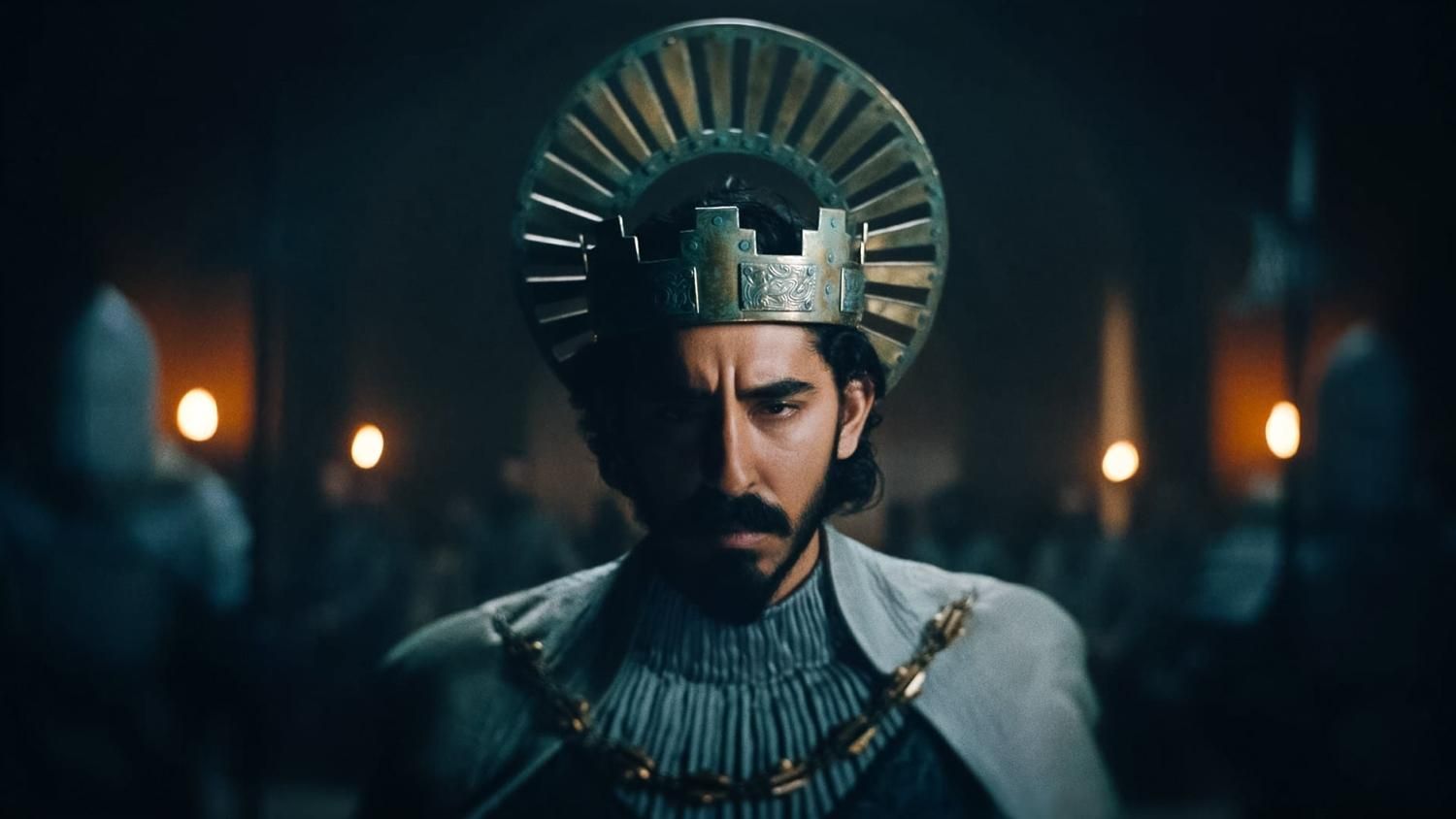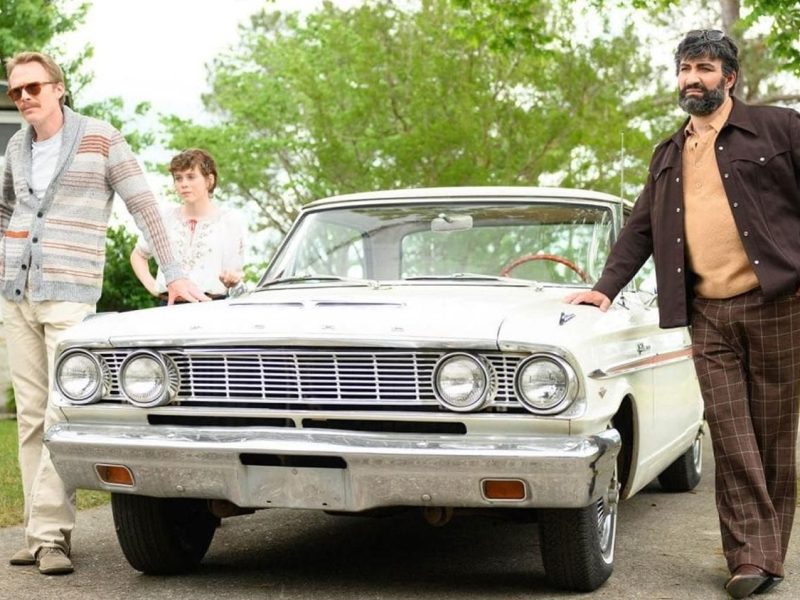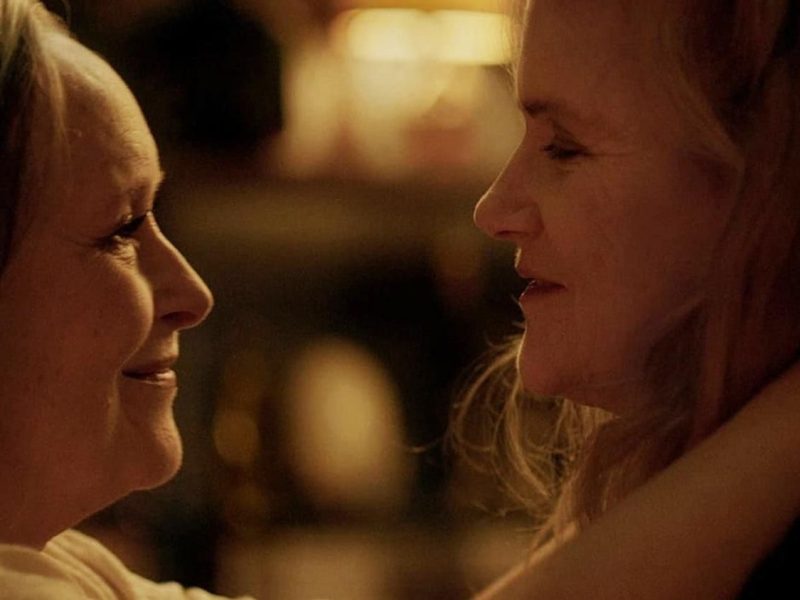The Green Knight Review
David Lowery loves death. At the very least, he appears to be fascinated by the concept of death. It flits, ghost-like, through his unique, consistent well-crafted filmography. From the orphan who deals with grieving for his parents through the friendly flying monster in Pete's Dragon to the career criminal who is confronted in his last years In The Old Man And The Gun and finally, a deceased individual (aka Casey Affleck with a mattress placed on top of the top of his head) In A Ghost Story. Death is the catalyst that gives his films life, and it's in the bizarre and savage heart of The Green Knight, Lowery's sixth — and probably most memorable film.
The first encounter with Gawain (Dev Patel) in The Green Knight, it is in a bizarre dreamlike, hypnotic image of what appears to be his own demise: as the throne is seated in a dress, as if in a picture and his face bursts with flames. It is the signpost of the deadly game he's going to engage in.
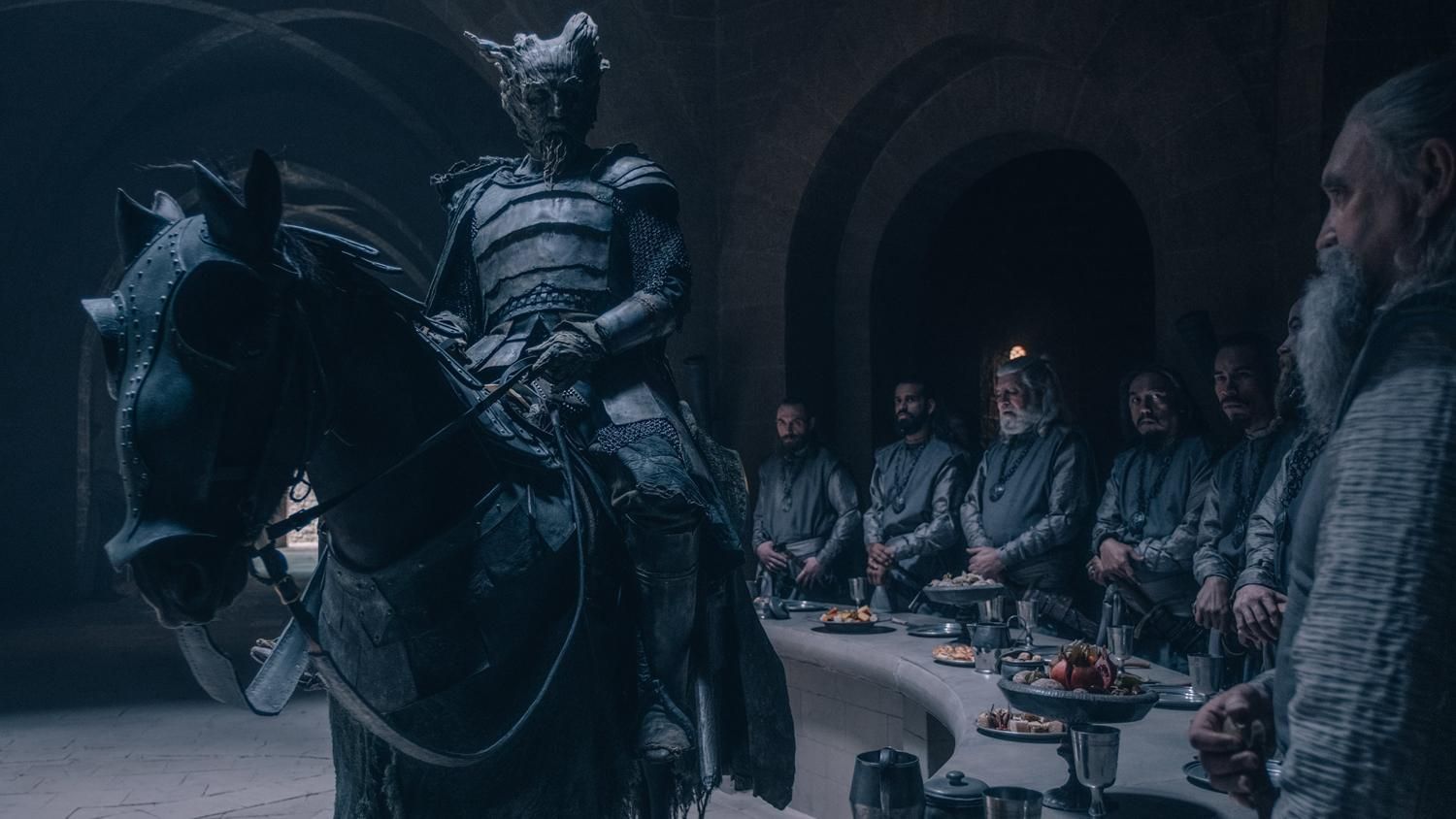
Still in large part (but not completely) in line with the 14th century Arthurian poem written by an unidentified writer The Green Knight — in Lowery's view depicted as a druidic, creaking demon with a mossy beard and a skin-enhancing treebarkis able to enter young Gawain's life in what he calls an "friendly game for Christmas" that he gives anyone who challenges him at Camelot his powerful axe in the event that they are able to successfully strike an attack against him. However, they must be dealt the same punishment, a year later, at his chapel. Gawain is a cousin of Arthur however, and an unassuming person He impulsively takes the lure.
It's a classic form of romantic chivalry that tests valour and honor. However, Lowery is more interested in examining the basic elements of English noblesse, but more interested in exploring the masculinity of all men and all its flaws and flaws and the way in which male pride and naivety are quite pathetically against the unchangeable waters of nature.
As with Gawain to be successful, you'll require patience, a sturdy heart and an open-minded mind.
Patel is an ingenious choice to play the role of this type. His Byronic curls and a breathless enthusiasm his figure is stunning However, Lowery increases the cowardice and foolishness of his Gawain as a young man not yet a knight but determined to make it within a court full of faded heroes. What lengths will a young boy put himself through to impress The Lads?
Gawain's trip to the Green Chapel is nothing if not exciting, with gigantics, ghosts, battlefields and even a talking fox and an unplanned hand-job. But Lowery tends to place emphasis on atmosphere over action. Andrew Droz Palermo's cinematography is lush and stunningly beautiful, portraying Arthurian Britain (filmed actually on the island of Ireland) as an place at the same time familiar and alien The stunning landscape is both monumental and at the same time indifferent. Daniel Hart's mysterious score, which mixes traditional folk songs with occasional synth that accentuates the mysterious atmosphere. This, along with Lowery's desire for a slow speed and lengthy takes creates an eerie and sometimes slow experience for the listener. As with Gawain it is necessary to have patience, a strong heart and an open-minded mind.
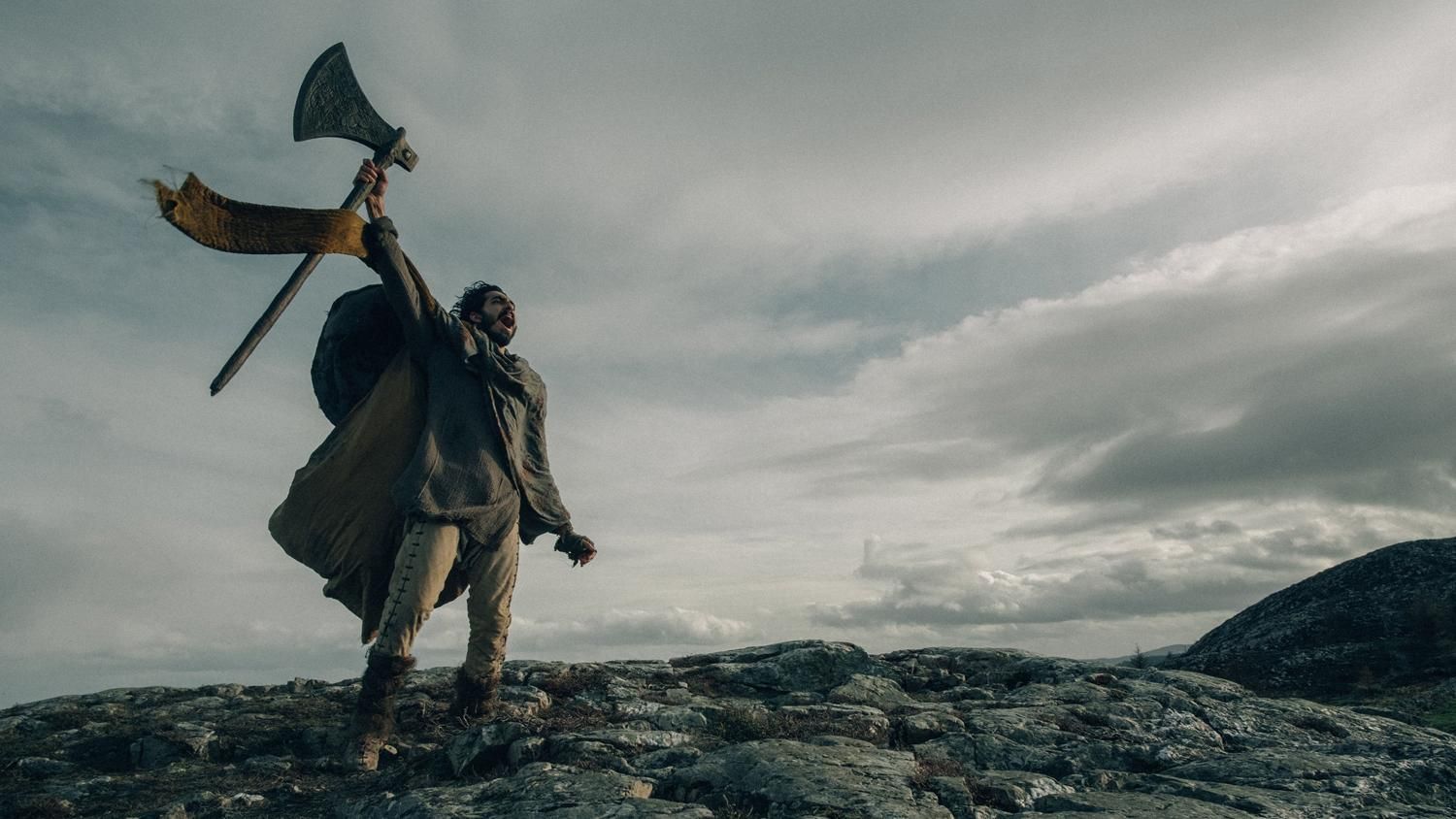
The perfect adaptation for the poem that was translated by Tolkien There are a few hint of Middle-earth and Lowery is clearly a fan of reliving the fantasies of a boyhood (he has previously mentioned the work of Ron Howard's Willow as an early source of inspiration). It also seems like an attempt to redeem the worst tropes of the genre. It doesn't feature any in the hollow effects, or poor hairstyles which have plagued earlier Gawain adaptations, like the laugh-inducing 1984 nonsensical Sword Of The Valiant.
This is what you could refer to as an Revisionist Fantasy, doing for the genre what Robert Altman or Alejandro Jodorowsky did in their Revisionist Westerns: adding an avant-garde style and ambiguous morality the previously cheesy, childhood-like setting.
In the end, The Green Knight is conscious of being part of an ancient tradition. As the various typefaces that are used in the title titles of the film suggest it, this is the most modern version of a long-standing yarn that is built on folk tales of an oral culture of that period and bound to be told in a different way. "Tell me a story about your own, so that I can be able to know you," pleads King Arthur (Sean Harris) in the film. By extending his hand towards history, Lowery took up the challenge, and will be remembered for the foreseeable future. It's possible that's why he adores death. When you make such a remarkable film – archetypal, but completely unique, you're creating a form of immortality.
